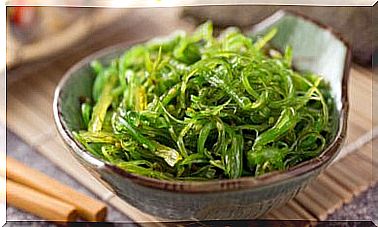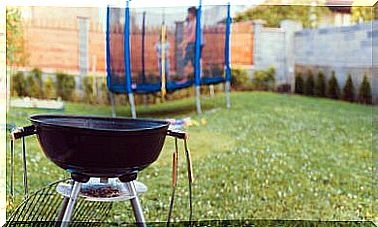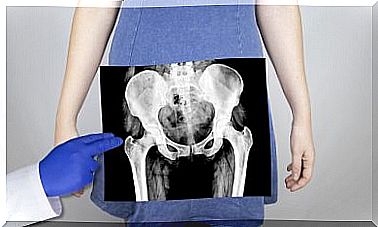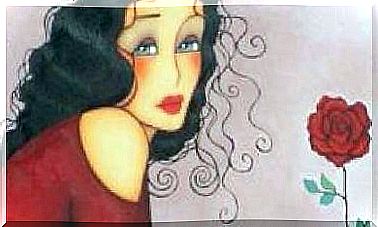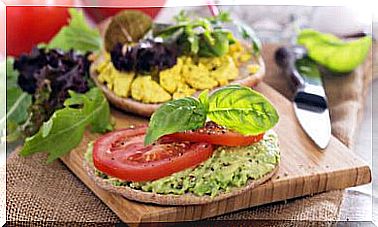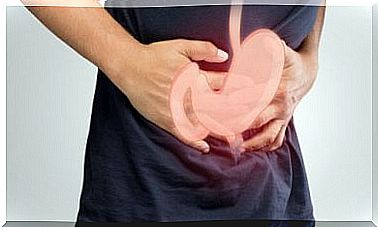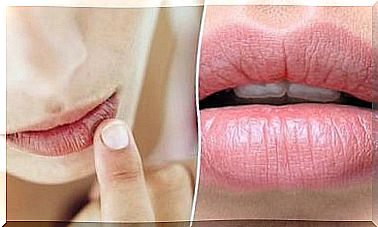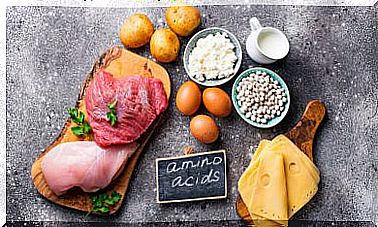Discover How To Use Roasted Barley As A Replacement For Coffee
We still cannot say that coffee is good or bad for health. Some studies indicate that it can be consumed without problems and others include it in the list of “harmful”.
Studies, such as those done by the University of Sydney, Australia, consider that coffee stimulates energy and helps fight diseases such as diabetes.
On the other side, a study published by the New England Journal of Medicine links coffee to the risk of deadly diseases.
Although it all depends on the body of each person and the amounts ingested, the truth is that there are other equally rich and perhaps healthier options.
In this article we tell you about roasted barley, a perfect replacement for caffeine and its effects.
Roasted barley: what to know
Barley coffee or tea is an infusion made with this cereal once it has been roasted.
It is consumed as a replacement for coffee in several Western countries and is very popular in some areas of Spain (Valencia and Murcia), the United Kingdom and Mexico.
- In the East, barley tea is served all year round, either hot or cold. In ancient times, barley seeds were roasted and then boiled in hot water.
This method is still used in certain areas of Korea and Japan.
- Tea bags went on sale in the 1980s and even office coffee machines include this drink among their options.
- In this region of the planet, roasted barley is combined with an infusion of roasted corn so that the sweetness of the latter compensates for the bitter taste of the former.
- Roasted barley coffee is sold ground and mixed with chicory (among other ingredients) as a replacement for conventional coffee.
Malt coffee, by-product of roasted barley
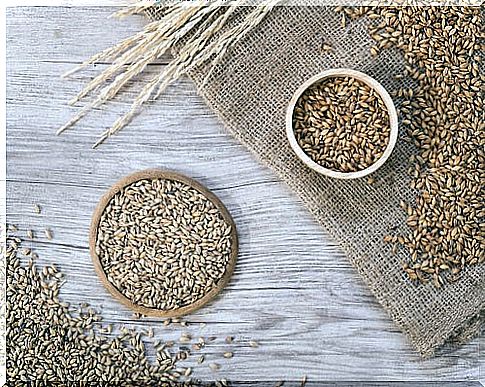
Malt is one of the derivatives of barley (one of the most complete and healthy cereals that exist).
The coffee that is obtained after roasting and grinding the beans is caffeine free. For this reason it is recommended for children, pregnant women or the elderly.
Malt has the same properties as barley in its pure state, making it a wonderful nutritional source and another ingredient for a healthy diet.
One of the many benefits of consuming malt coffee is to ignore the harmful or side effects of normal coffee such as anxiety, insomnia and nervousness.
Since the taste of roasted barley is similar to that of a traditional coffee, you hardly notice the difference, especially if we sweeten it or mix it with milk.
Regarding its nutritional properties, malt provides magnesium, potassium, phosphorus and soluble fiber.
Barley fiber is in turn very beneficial for people suffering from diabetes, since it delays the absorption of glucose and favors its reduction.
It also absorbs cholesterol from other foods that are eaten and offers a good dose of antioxidants.
Roasted barley and malt used since ancient times
It is the oldest cereal used to prepare breads and drinks such as beer. Since ancient times, there has been talk of the benefits of barley and hops obtained through a maturation process.
Hippocrates, Plato, and Pythagoras recommended this cereal to their students because it increased concentration and rational thinking.
The Sumerians used it to make a drink similar to beer (whose technique is still used today) and the Scots use it for their traditional brew: whiskey.
The Celts considered barley a gift from the gods because it allowed them to increase body temperature in winter and even believed that it could revive the dead.
The nutrients in roasted barley and malt have multiple benefits:
- Formation of teeth and bones
- Hormonal regulation
- Fat and protein metabolism
- Degradation of carbohydrates into glucose
- Calming the nervous system
- Digestion stimulant
Roasted barley and other coffee replacements
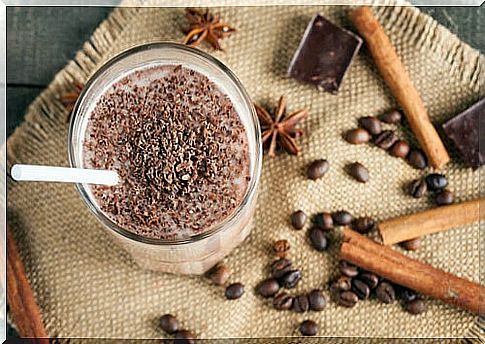
Other interesting options are mint tea and even chicory tea since, being bitter, they make us “believe” that we are consuming coffee as usual.
In the case of this last plant, it is much healthier and offers us many benefits, such as:
- Promote the digestive process
- Reduce constipation
- Improve blood circulation
- Speed up metabolism (great for those who are overweight)
